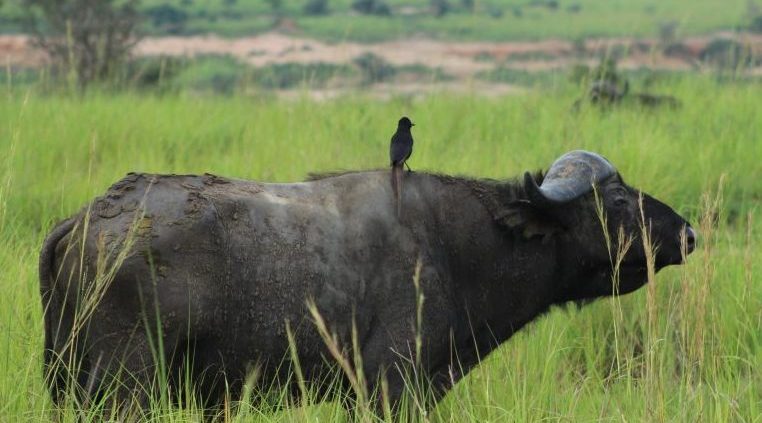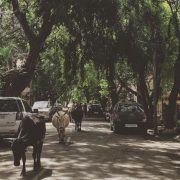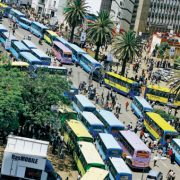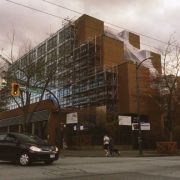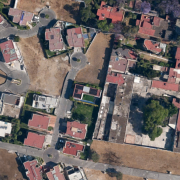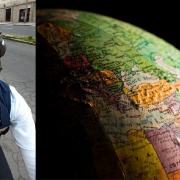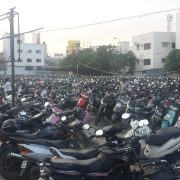Violence prevention efforts in Kampala, Uganda
By Nikki Lewis, MPP, MSW ’19
My time at Kampala is one of contrast. I work for an organization dedicated to preventing violence against women and children in a culture that has deep patriarchal roots. I spend my days crafting material that will help organizations across Africa implement Violence Against Women (VAW) prevention programming. I go home at night to a culture where a disheartening number of women do not have the right to refuse intimate relations with their partner (a significant contribution to the spread of HIV/AIDS) are expected to be obedient wives and are subjected to physical violence when they do otherwise. But I also work alongside a group of dedicated men and women who are representative of a growing population of fierce equality advocates. Pioneers who are just as brilliant in their violence prevention work as they are in their ability to spread gender equality in their personal lives. This is not just their works, it is their children’s futures, their communities, their lives.
The organization I am working for has authored a social norm change methodology that, to many, is considered the gold standard in Africa. But this isn’t where their sites are set. Their materials are an open source, and they push the global VAW field to adapt, collaborate, and reduce gender-based violence in innovative ways. Even if it means putting themselves out of business, they are supporting others who are striving to find more effective ways of reducing VAW.
Many foreigners (or mzungus as the locals call us) that I have crossed paths expressed the same sentiment when asked about their time in Kampala – they unexpectedly fell in love with this city. Because beyond the contrast, the patriarchy, and the history of violence, this is a city made of resilient fighters. To repeat what many have said before me — Kampala does not need saving.
This city attracts brilliant academics to Makerere University. It is home to an overwhelming number of entrepreneurs who have built thriving businesses on their own backs. It has given birth to a community of ferocious creatives. This city is so much more than Western media makes it out to be. Beyond my work, this city has shown me beauty in forms my soul craves.
Frequent power outages have allowed me to be present without the crutch of technology that the global north has grown accustomed to. I have found value in not always doing, but sometimes just being. And water, both clean and otherwise, is a precious commodity I have learned to conserve.
My time here has allowed me to sit on the banks of the Nile River and watch the most beautiful orange sunsets as the sounds of hippos waft up from the shores. It has allowed me to sit around a fire pit and debated the philosophical relationship between past, present, and future with locals. The mass of red dirt and chaotic traffic that seem to define this city during the day are overcome by serenity at night. This city is a beautiful contrast between calamity and calm.
My time professionally contributing to a cause I deeply believe in and my time living daily life in Kampala have helped me understand what those other foreigners struggled to articulate — for I, too, have unexpectedly fallen in love with this city.

